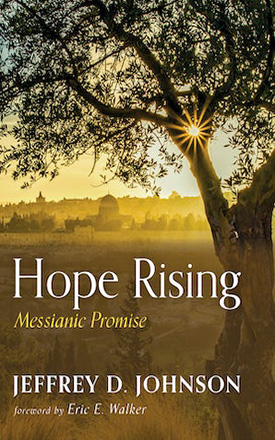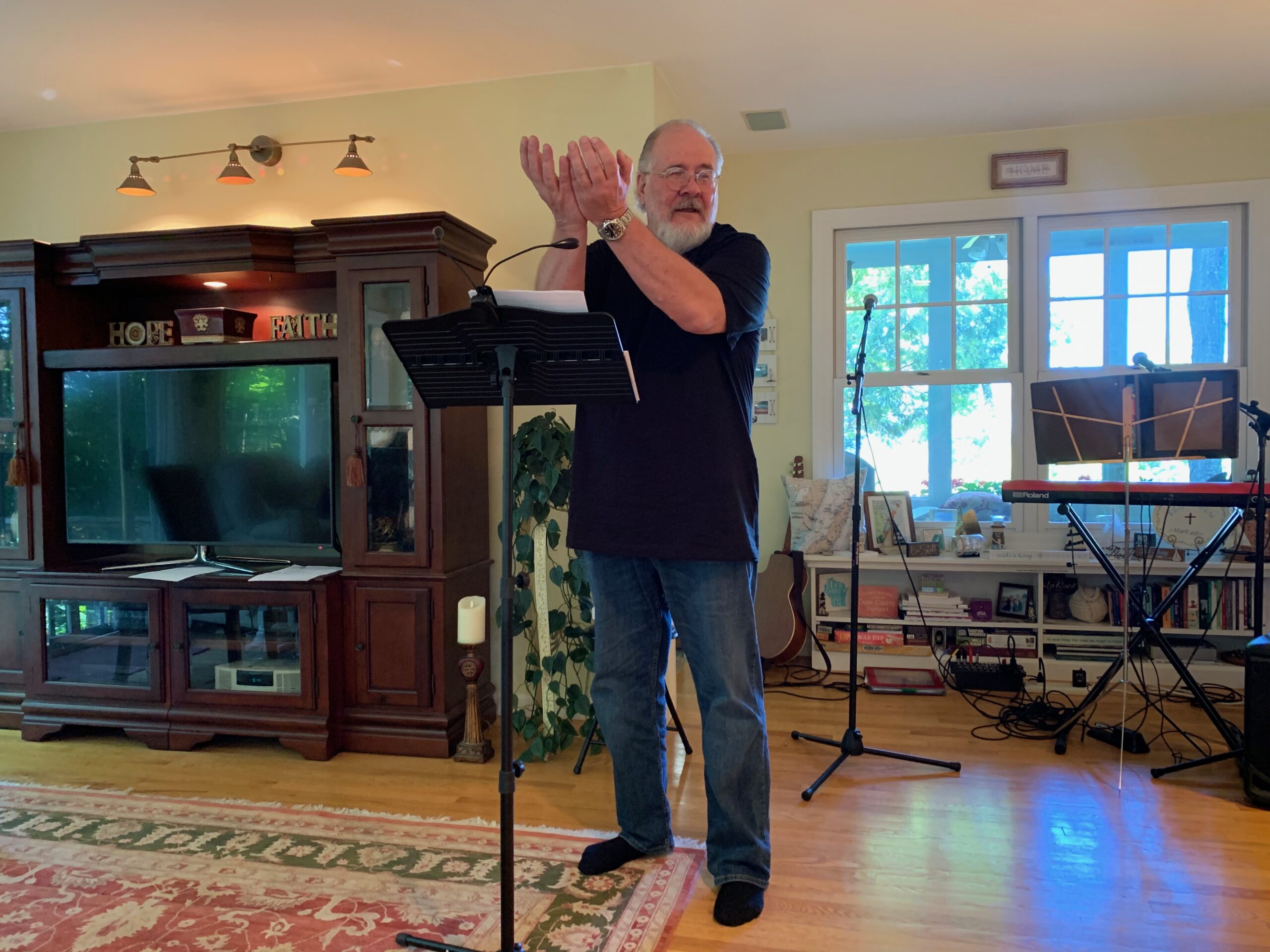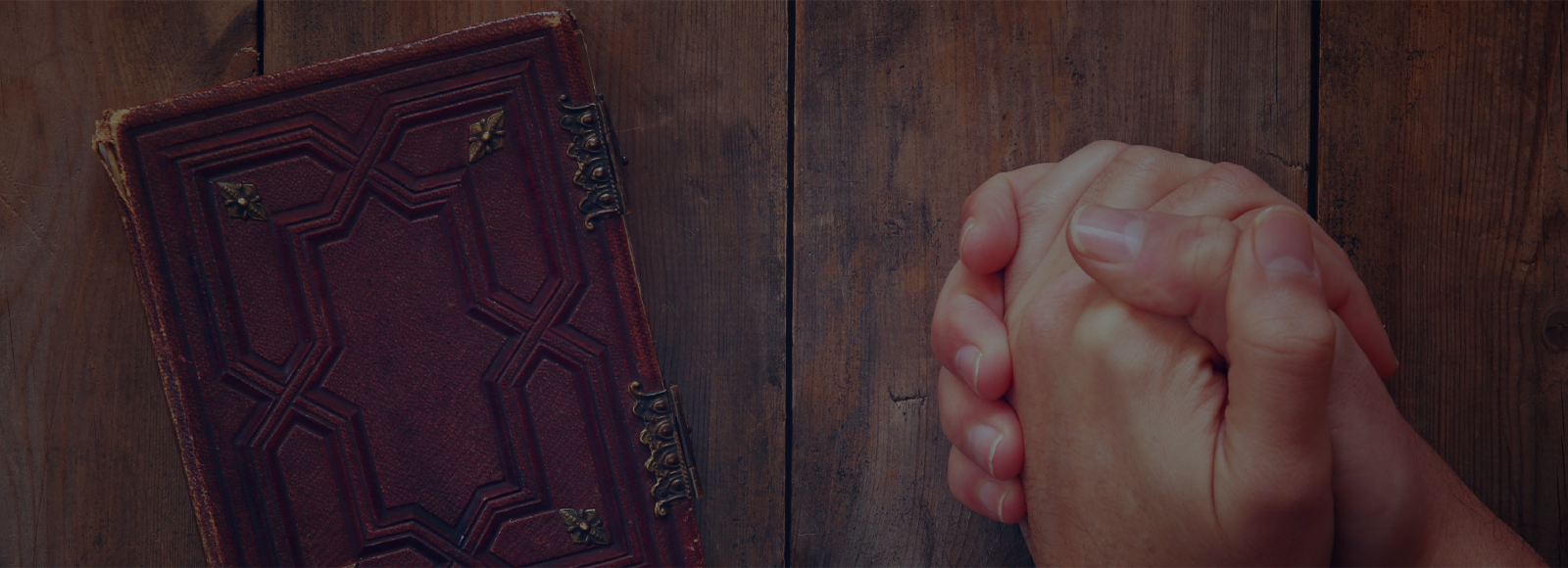Israel Today Resources:
-
 Hope Rising, Messianic Promise
Recommended donation: $20.00
Hope Rising, Messianic Promise
Recommended donation: $20.00
Add to cart
-
 Song of Song: The Greatest Lover
Recommended donation: $18.00
Song of Song: The Greatest Lover
Recommended donation: $18.00
Add to cart
-
 Divine Mysteries
Recommended donation: $15.00
Divine Mysteries
Recommended donation: $15.00
Add to cart
-

Hope, Waiting!
Hope, Waiting!
Waiting
If there is one thing our culture hates, it’s waiting. We want a quick fix to our problems and we want to have things now. We want the title, degree, position, and accolades without the hard work involved to achieve such things – so we look for shortcuts. If our iPhone lose a Wi-Fi connection, or the stoplight seems long we become frustrated, even angry. We think we are wasting time when we wait for something.
Hope
In Scripture, waiting relates to hope – not wasting time. The Hebrew word for “hope” is tikvah, like that of the Israeli national anthem, HaTikvah (The Hope, and is from the root qavah which means “wait.”
Hoping for something is intimately related to waiting for that something to happen. “My soul, wait in silence for God alone, For my hope (tikvah) is from Him” (Psa. 62:5). “I wait (qavah) for the Lord, my soul waits, And I wait for His word” (Psa. 130:5).
Cord
Rahab, let down the scarlet line, or cord, to protect her home from the coming invasion. The Hebrew word translated “line” or “cord” is “tikvah” or hope (Jos. 2:18). Rahab had found hope and waited for redemption and rescue.
Slotha
Jesus spoke Aramaic, Hebrew, and probably Greek. The disciple said to Jesus, “Teach us to pray” (Lk. 11:1). The Aramaic word for prayer is “Slotha.” It means to set a trap, to “wait” – emphasizing the patience, and silence of a hunter, waiting, listening for the crackling of the leaves, or grass, thus finding the reward of your perseverance.
It is not wasting time. The answer will come – you must be patient, you must be silent, you must wait, you must have hope. Waiting seems to be the rule – it can be a difficult thing to do, waiting, waiting…to “hope” for something.
Waiting is hoping. Hoping is like a cord fastened to something very strong. To what, or to whom, is our cord fastened? For the believer, it should be God. “For You are my hope (tikvah); Lord God, You are my confidence…” (Psa. 71:5).
The Rule
Both Sarah and Hannah waited to have a child. The Jewish refugees in Babylon waited 70 years to be released and the Jewish slaves in Egypt waited for 400 years for their freedom. The 120 disciples of Jesus waited in the upper room for a promise to be fulfilled. Peter being in jail waited for liberation.
The children were eventually born. Freedom from the 70 years in Babylon did come as Cyrus released the refugees, and the miracle of Passover did happen after 400 years of slavery in Egypt. The promise of the Holy Spirit eventually was manifested upon the disciples empowering the church. And Peter was miraculously liberated from prison.
Waiting is the rule. Our hope comes to fruition in time – not our time, but in God’s time. We wait for it.  “But if we hope for what we do not see, through perseverance we wait eagerly for it” (Romans 8:25).
As you reflect upon these things remember one of names of God – El Shaddai, which is often translated “God Almighty”. The name also implies another trait of God, that of “sufficiency.” The Hebrew word “shad” from “Shad-dai” means “chest,” or “bosom” – a breast. Whenever a Hebrew word ends with “ai” it usually means a plurality, a pair, and at times personal possession – “my” – “God is my sufficiency.”
A breast symbolizes nurturing, maternal love, and sustenance. In other words, the name El Shaddai not only means God who is Almighty, but it also means God who is All Sufficient.
Is there hope for Israel? Yes!
He who watches over Israel will neither slumber nor sleep! (Psalm 121:4)
I will plant Israel in their own land, never again to be uprooted from the land I have given them. (Amos 9:15)
Is there hope for you and me? Yes!
As you start your day, remember every word in Scripture has meaning and is written for our edification and growth. And that our time on earth has an expiration date and that is a good thing to know.
In “waiting” we find “hope” — a cord of redemption and rescue. Like a hunter we pray, like we are setting a trap, waiting/hoping for the reward. The answer will come. As you wait and hope, let El Shaddai nurture and feed you from His “all-sufficient” bosom. He’s got you (Isaiah 41:13).
Shalom and Blessings,
Dr. Jeff


